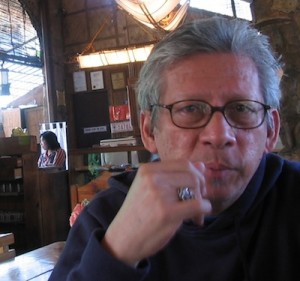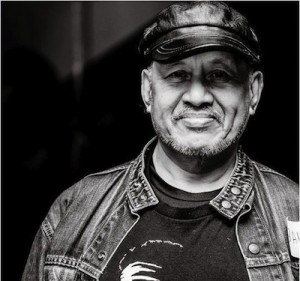Note from the Editor: This post was submitted by emerging leader, Adinah Lagud. Adinah will be attending the upcoming State of Undocumented Immigrant Rights and Resources at the Philippine Consulate on April 18 at 6PM. Click here for more information about the event, to which you are invited to attend. The immigration debate, in recent weeks has garnered a substantial amount of attention in Congress. Though not a new issue, this increased attention was brought about by a bipartisan group in Congress known as the “Gang of Eight”. These members have been working on an all-inclusive immigration reform plan to present to Congress. With the rekindling of this national argument, I believe that it is particularly important for young leaders in the New York community, i.e. college students and Filipino organizations, to become actively engaged and cognizant of an issue that directly impacts the future of the Filipino and Fil-Am community.
As a leader in my own Filipino organization at Stony Brook University, I’ll readily admit if I was asked about my views on immigration a year ago today, I would have shrugged my shoulders in indifference. Not because I didn’t care about those struggling around me, but because I did not take the time to educate myself in order to formulate an opinion. I had ignorantly viewed “illegal” immigration as a matter pertinent to the west coast and their undocumented workers. After all, growing up in a conservative Southern town, that was dialogue surrounding me. I didn’t realize that the Philippines came in second (only after Mexico) in the number of annually distributed family based visas. These are the same visas that some members of Congress are looking to decrease. Not to mention that some petitions dating back to 1990 are still backlogged, so Filipinos have been waiting over twenty years to be reunited with their families.
In regards to undocumented immigrants living in the United States, people who relocated here as minors are able to apply for President Obama’s “Deferred Action for Childhood Arrivals” but only a little over 3,000 undocumented Filipinos have applied nationwide. To put this into context, 2009’s estimated amount of unauthorized immigrants from the Philippines was 270,000. It’s safe to assume, many are not taking advantage of the resources available to them. Whether it is caused by fear, shame, misunderstanding, or pride, immigration reform is not a topic limited to other minority groups, we Filipinos are standing at the forefront of this issue.
I urge young adults, students, and Filipino clubs to take this up as an important issue to be educated on. We need to support organizations and institutions in our community who are working towards creating a viable way to distribute information and resources on immigration. If we collectively become informed and engaged on this debate, we have the power to thwart incorrect assumptions on undocumented immigrants and the immigration process as a whole within the Filipino and New York community.




